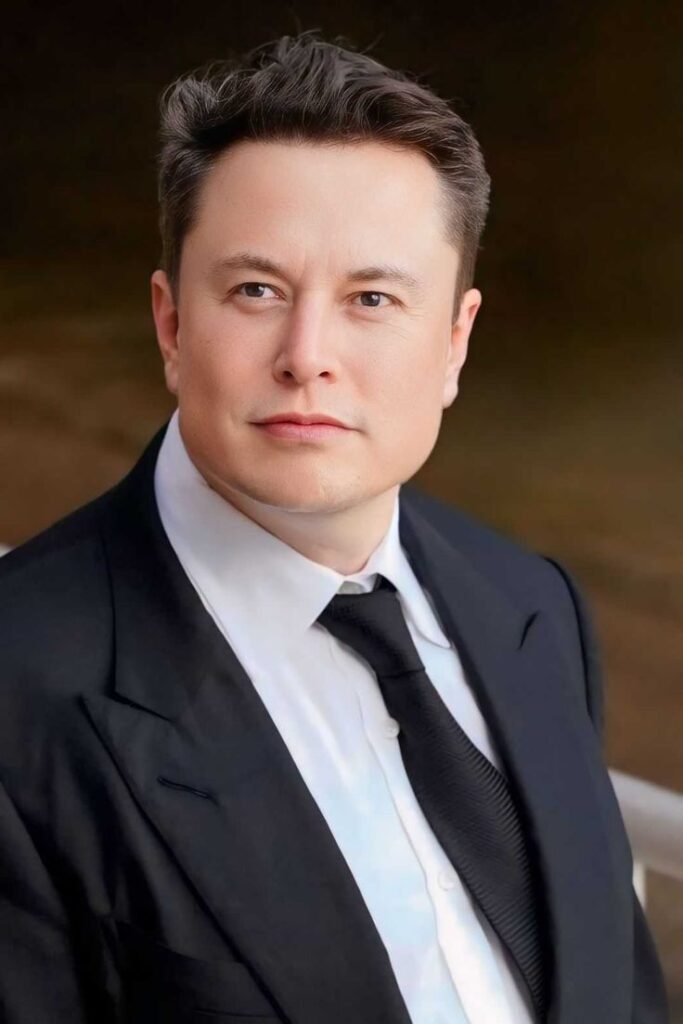
In the landscape of modern politics and technology, few figures stand out as prominently as Elon Musk and Donald Trump. Their paths have crossed in a myriad of ways, reflecting the intertwining of business, politics, and social media. As Elon Musk continues to shape the future of industries such as electric vehicles, space travel, and artificial intelligence, his relationship with Trump becomes increasingly significant.
Musk, the CEO of Tesla and SpaceX, is renowned for his disruptive innovations and ambitious vision for humanity. His ventures often reflect a forward-thinking mindset, emphasizing sustainability and interplanetary exploration. Conversely, Trump embodies a populist approach, focusing on traditional industries and nationalistic policies. Despite their differing ideologies, both men share a common ground: a keen understanding of how to leverage media and public opinion to their advantage.
In recent years, Musk’s influence has grown beyond the tech sector, positioning him as a pivotal figure in cultural and political conversations. His bold statements on social media and high-profile public appearances have often drawn attention, creating both fervent supporters and vocal critics. In this volatile environment, Trump’s enduring appeal among a segment of the American populace presents an opportunity for Musk to align with a powerful figure who can amplify his vision.
The interplay between Musk and Trump is particularly relevant as they navigate an era marked by significant technological advancement and political polarization. Musk’s ventures, particularly in the realms of electric vehicles and renewable energy, align with some of Trump’s focus on American innovation and job creation. However, the two men diverge on issues like climate change and international collaboration, which adds layers of complexity to their relationship.
As the 2024 presidential election approaches, Musk’s role in the political arena may evolve further. His recent actions, including reactivating Trump’s Twitter account after a temporary ban, signal a willingness to engage with the former president. This move has prompted speculation about Musk’s potential influence on Trump’s campaign and the broader Republican landscape. Musk’s ability to sway public opinion, especially among younger voters, could be instrumental in shaping electoral outcomes.
Moreover, Elon Musk’s ventures in space exploration, particularly the ambitious plans for colonizing Mars, resonate with Trump’s vision of American exceptionalism. This shared aspiration for dominance in space technology could foster a unique collaboration between the two. As Elon Musk pushes the boundaries of what is possible, he may find in Trump an ally who supports his grand ambitions and vision for the future.
However, the partnership is fraught with challenges. Elon Musk’s unfiltered communication style and penchant for controversy may clash with Trump’s more traditional political approach. As both figures navigate their respective platforms, the potential for misunderstandings and public backlash looms large. Elon Musk’s penchant for making bold statements—whether regarding Tesla’s stock prices or his views on COVID-19—could complicate a strategic alliance, especially if it alienates key demographics.
Additionally, as Elon Musk diversifies his portfolio into areas like artificial intelligence and neural technology, ethical considerations come to the forefront. The juxtaposition of Trump’s often polarizing rhetoric with Musk’s groundbreaking technological advancements raises questions about accountability and governance in an era where technology increasingly influences societal norms.
The media landscape plays a crucial role in this dynamic. Elon Musk’s adeptness at utilizing platforms like X (formerly Twitter) to communicate directly with the public presents a challenge for traditional media narratives. As he and Trump navigate this complex terrain, their ability to shape perceptions will significantly impact their respective legacies.
Looking ahead, the relationship between Elon Musk and Donald Trump could evolve in unforeseen ways. As both figures continue to assert their influence on the global stage, their interactions may reflect broader societal trends, including the rise of tech-driven populism. While their ideologies may not fully align, the potential for collaboration—or conflict—remains an intriguing prospect for observers.
In conclusion, the convergence of Elon Musk’s technological ambitions and Trump’s political narrative underscores the complexities of leadership in the 21st century. Their partnership, whether strategic or opportunistic, serves as a microcosm of a world where technology and politics increasingly intersect. As they navigate this evolving landscape, the implications of their actions will reverberate far beyond their immediate spheres of influence, shaping the future of both innovation and governance.
